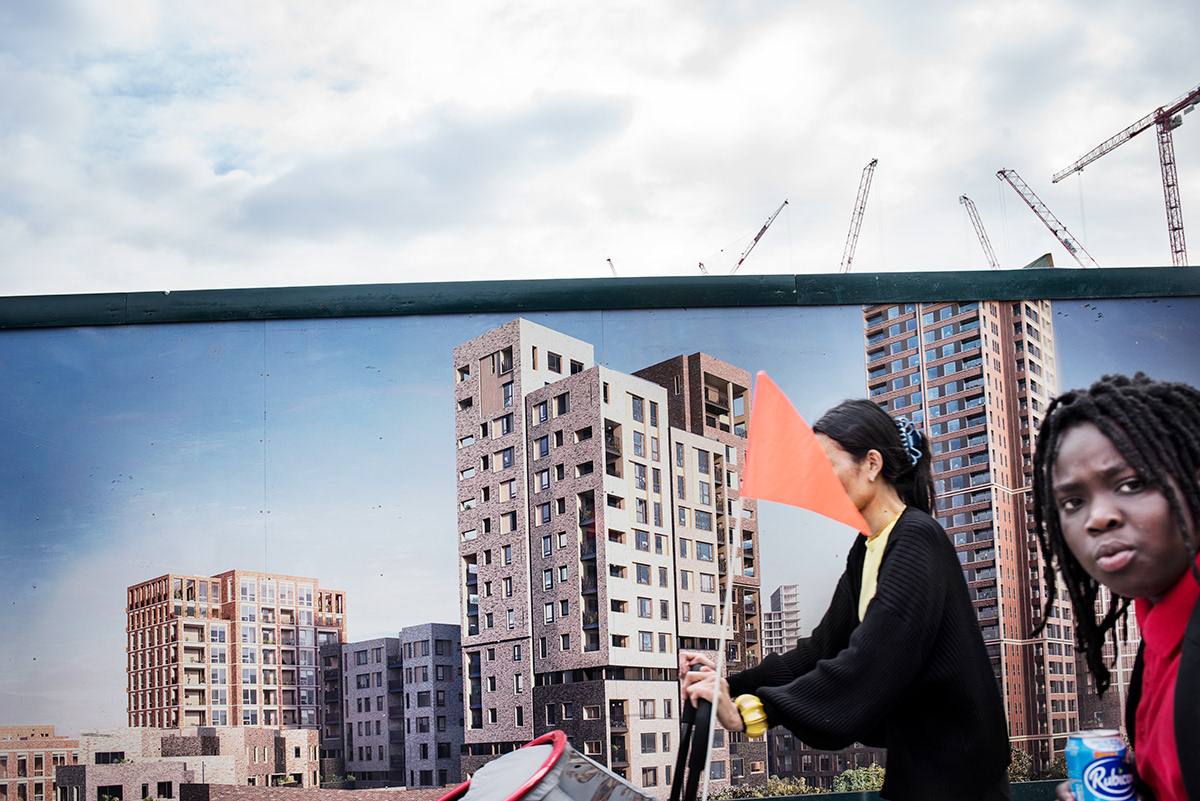

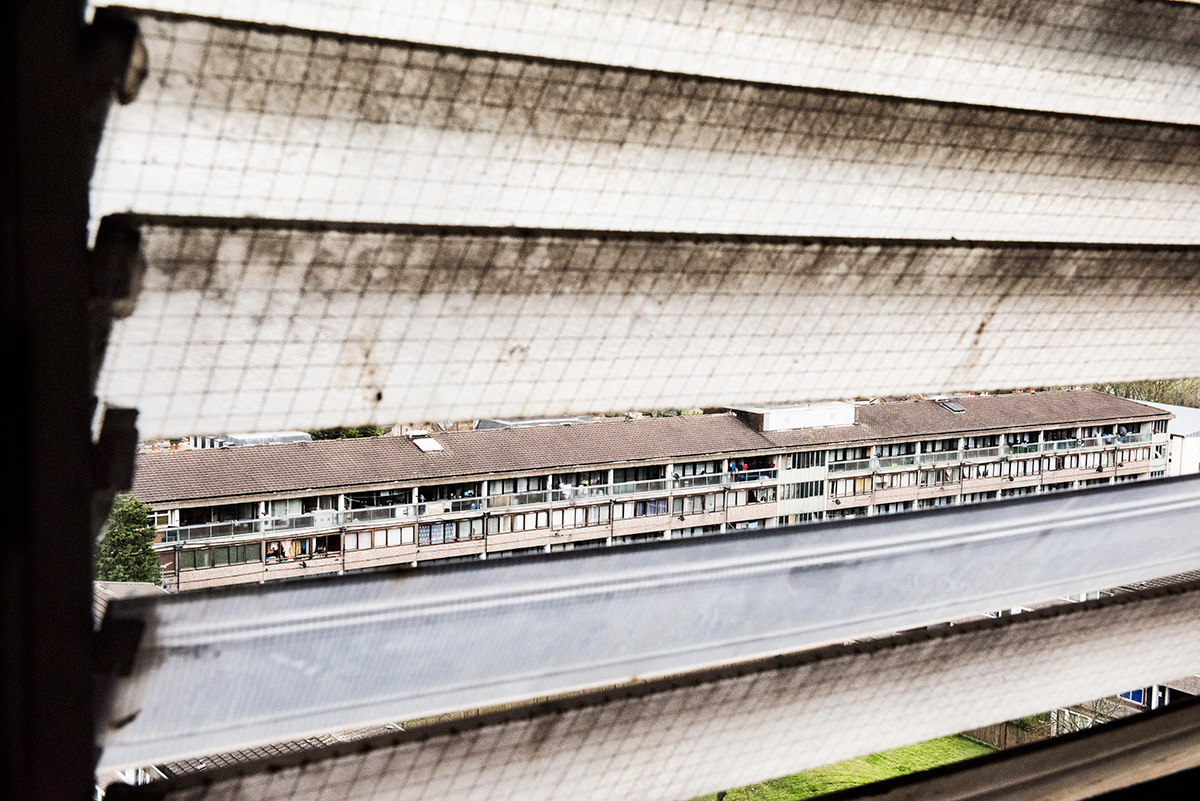


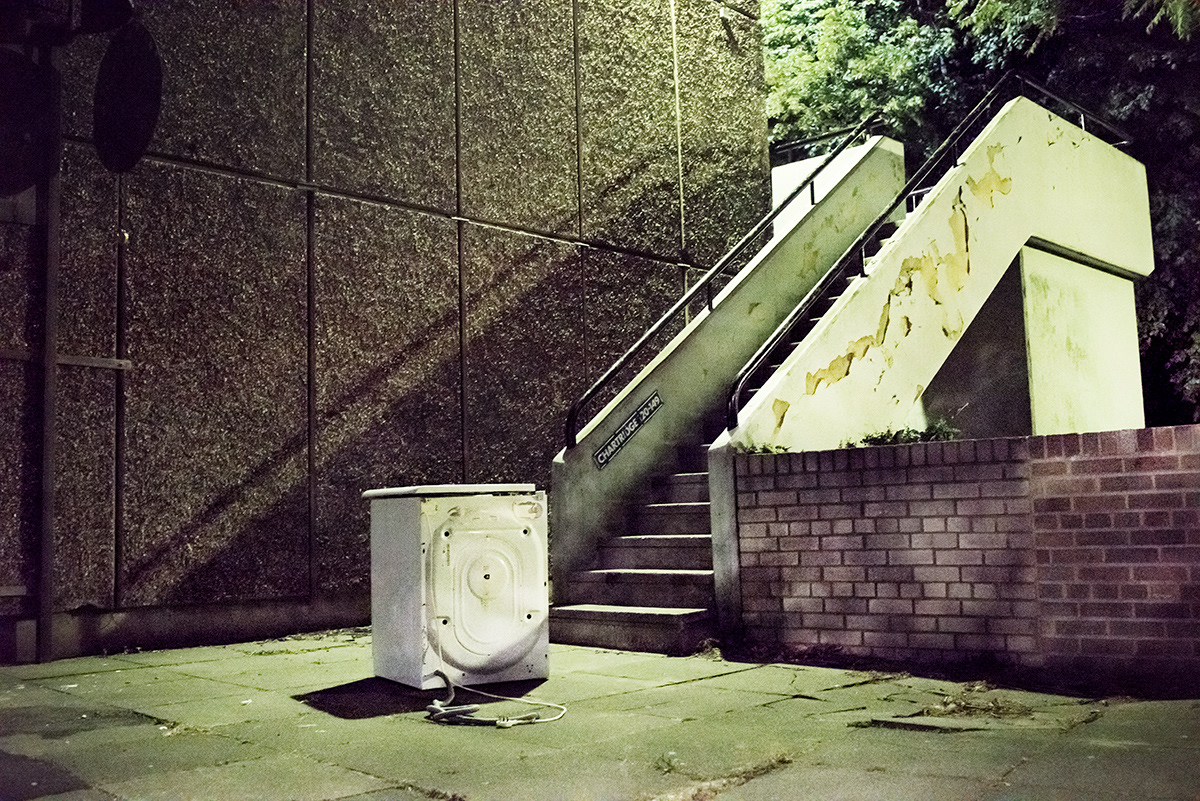
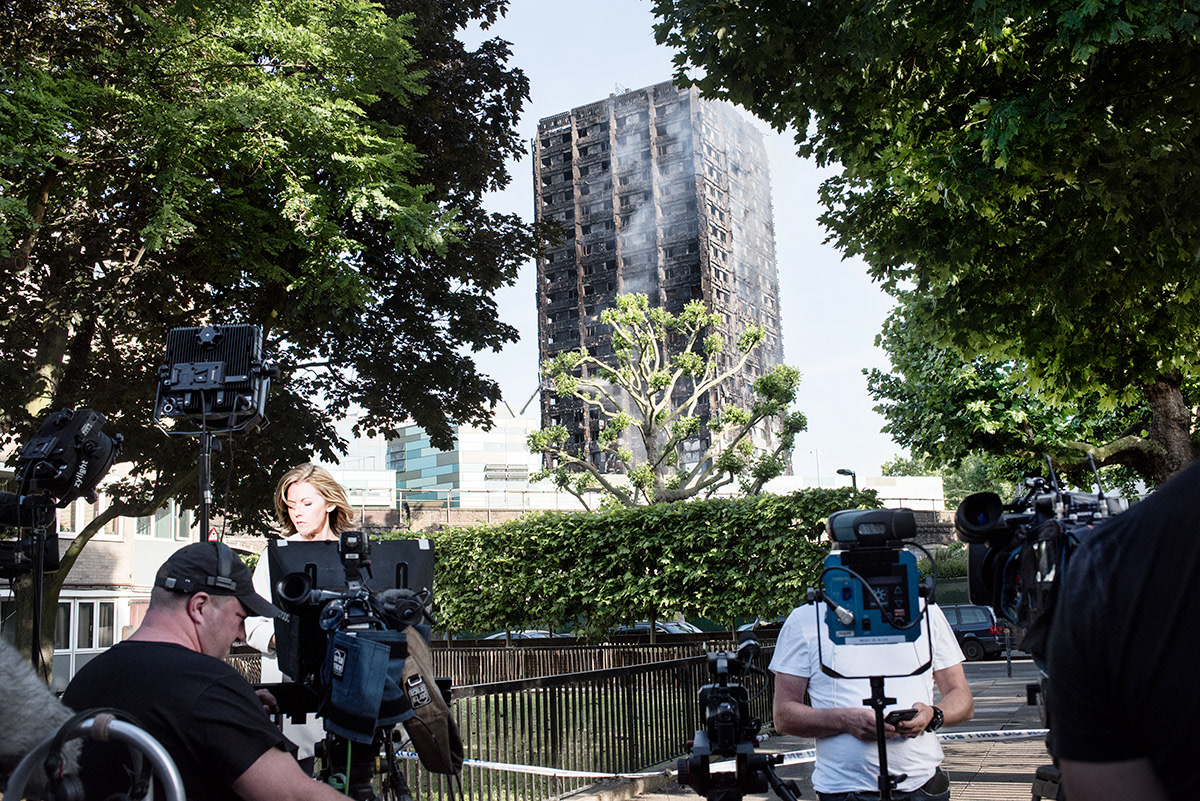



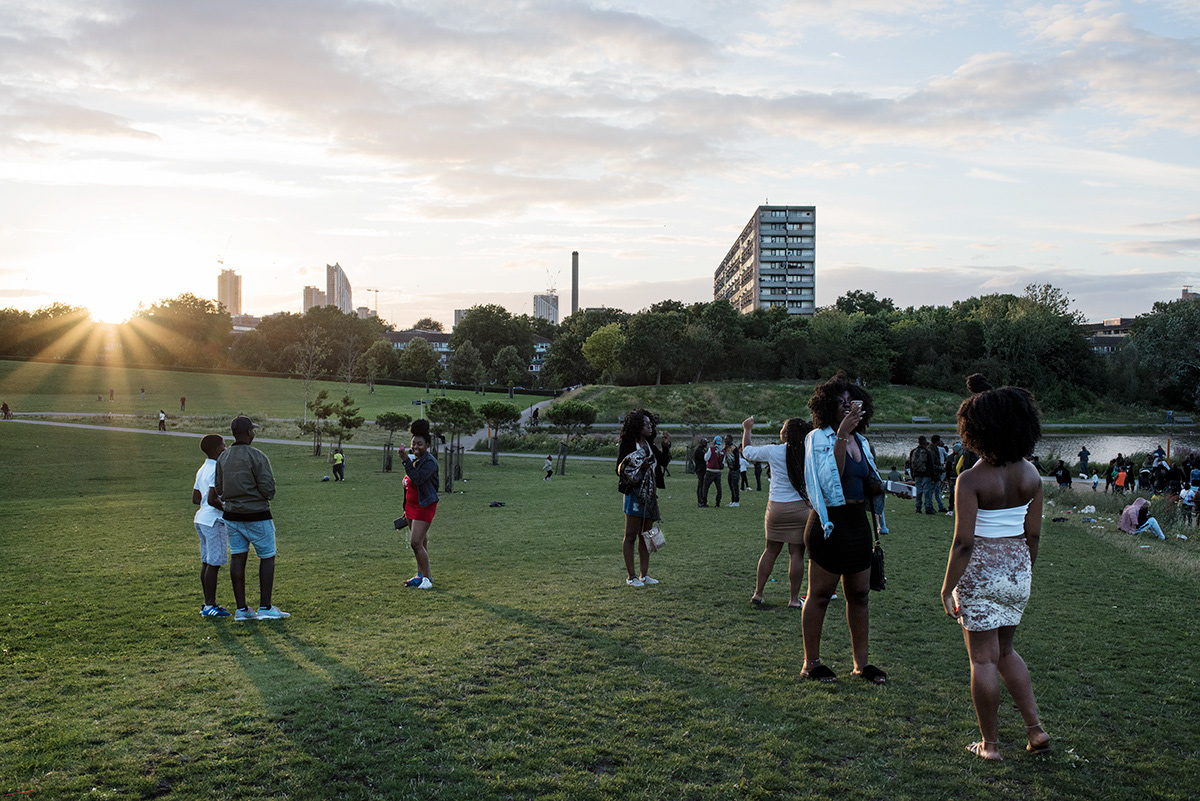
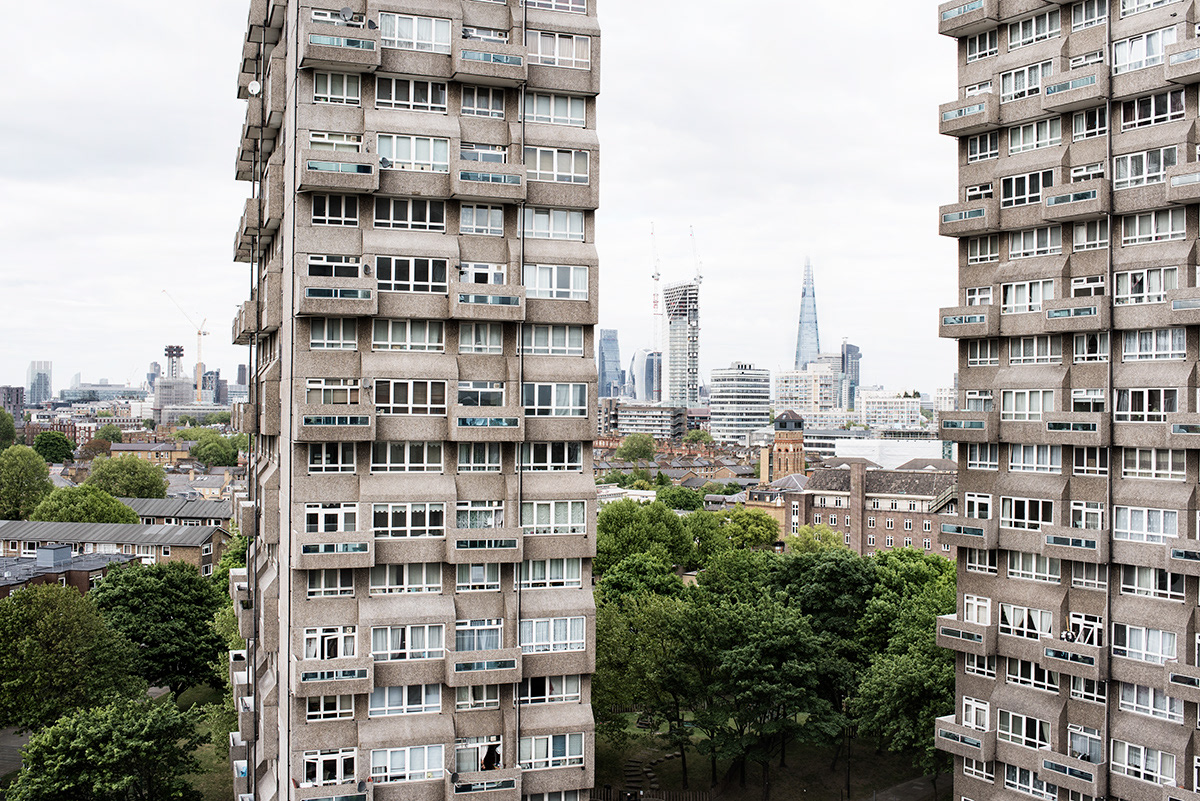

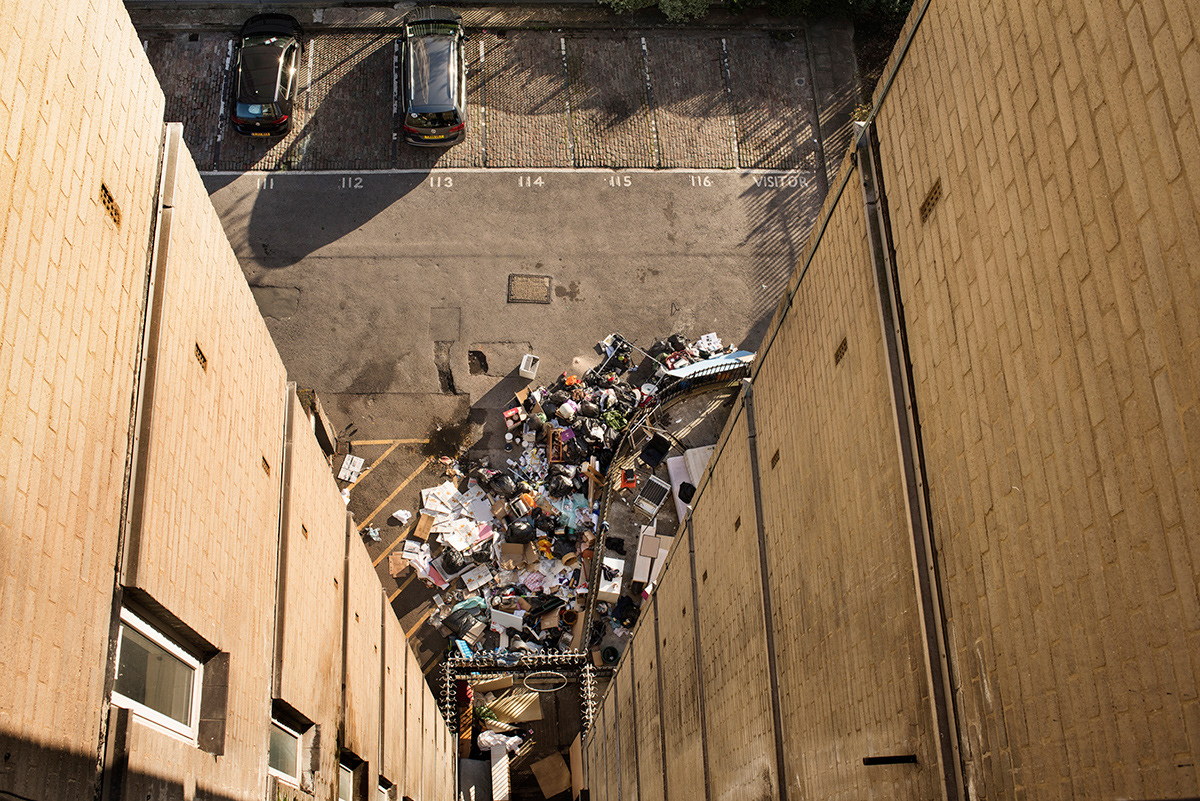




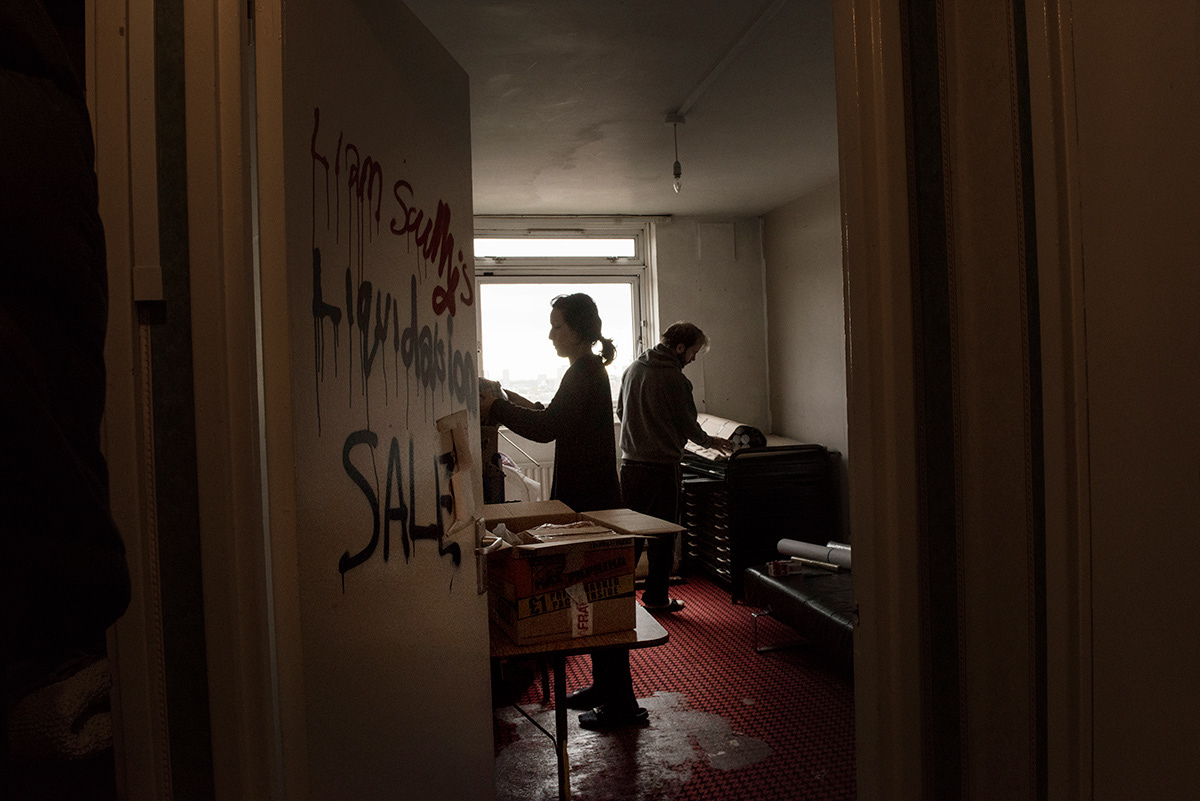


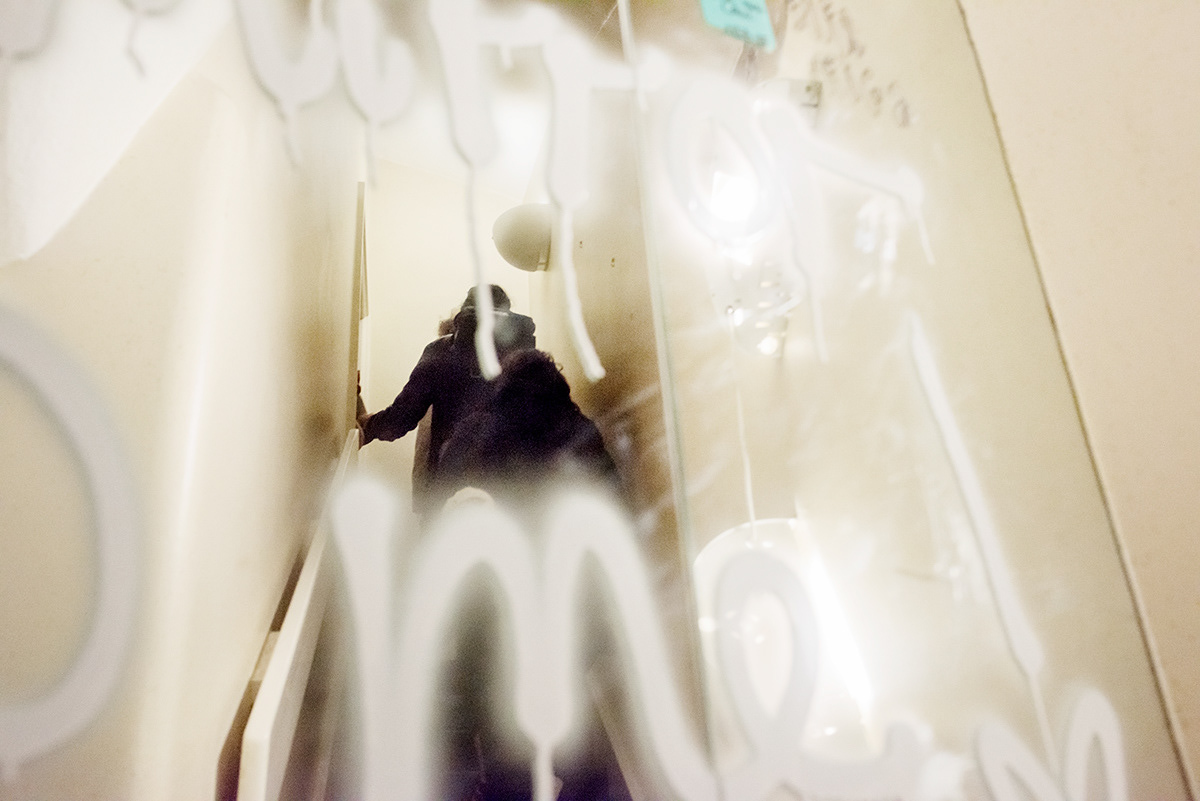
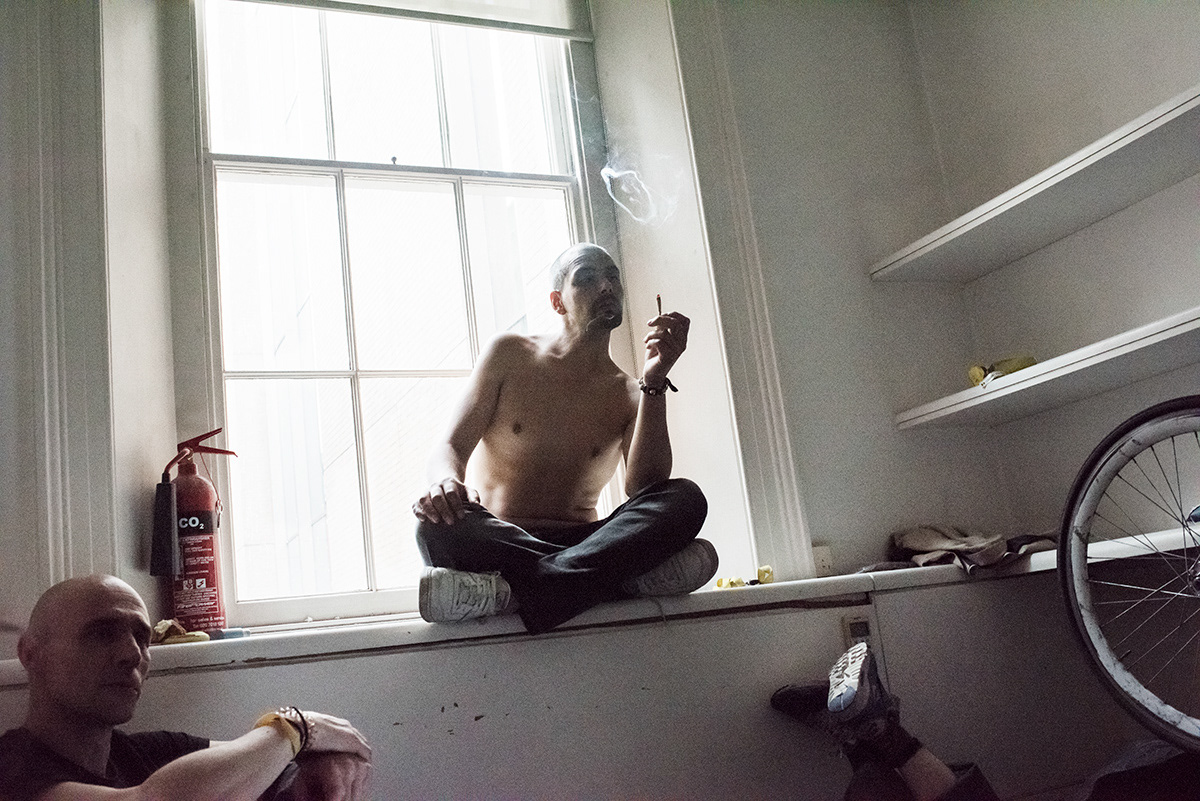
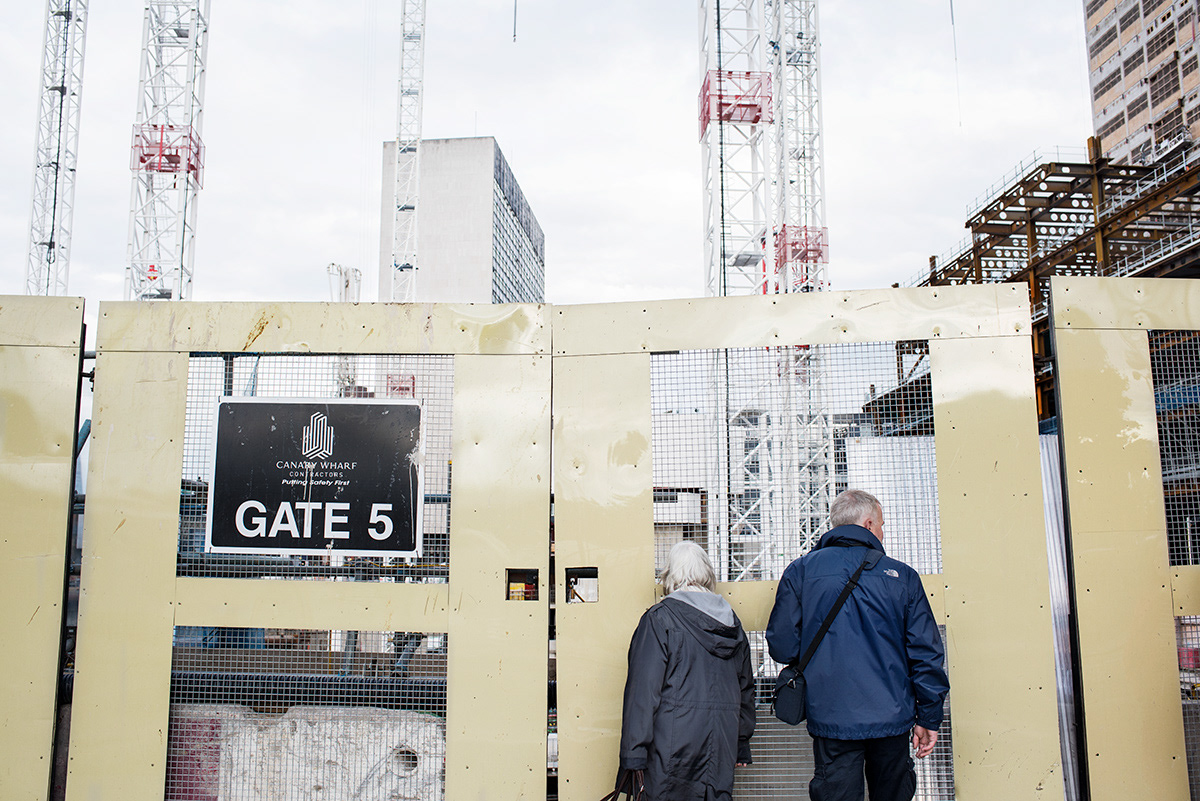

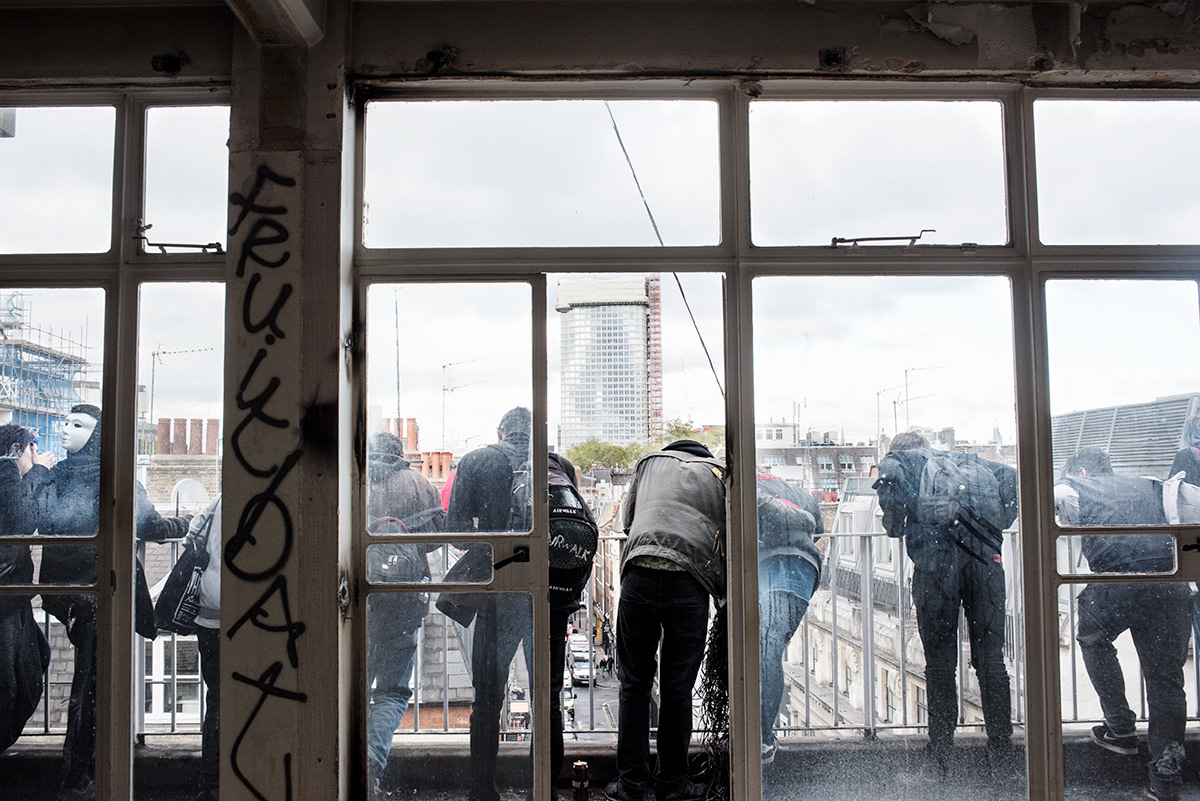
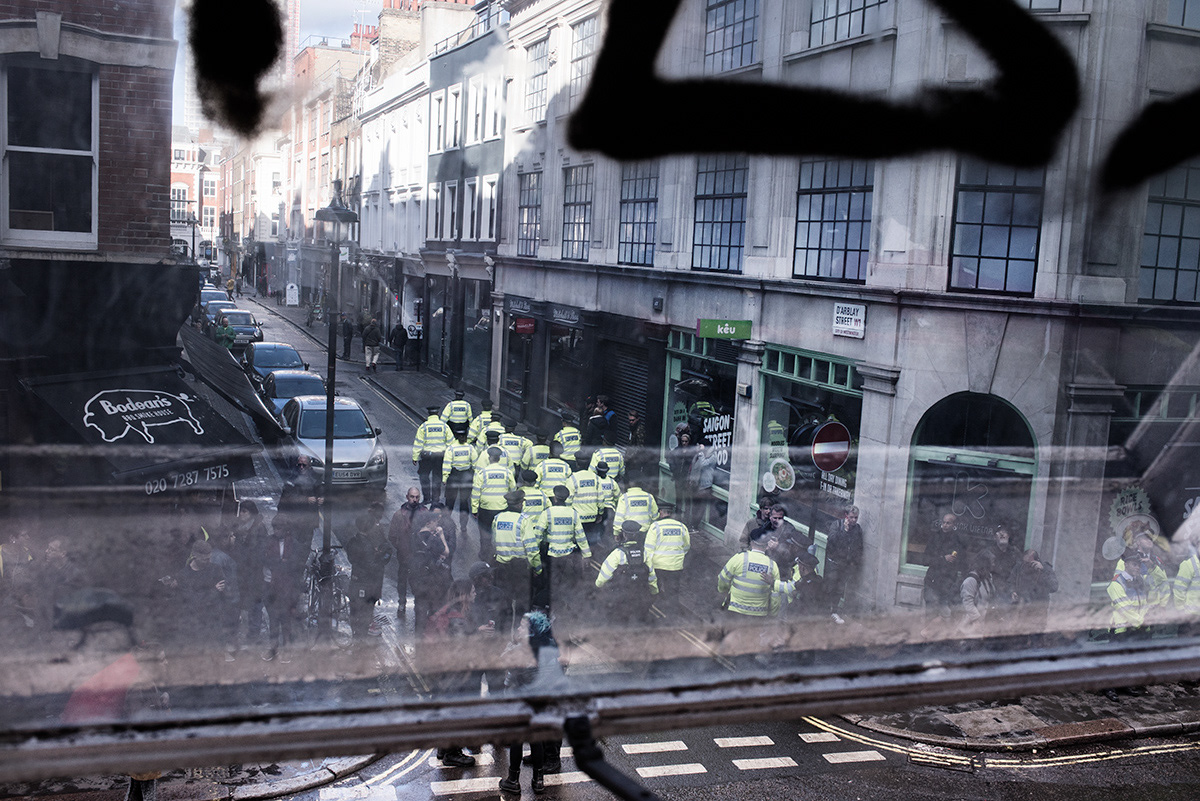
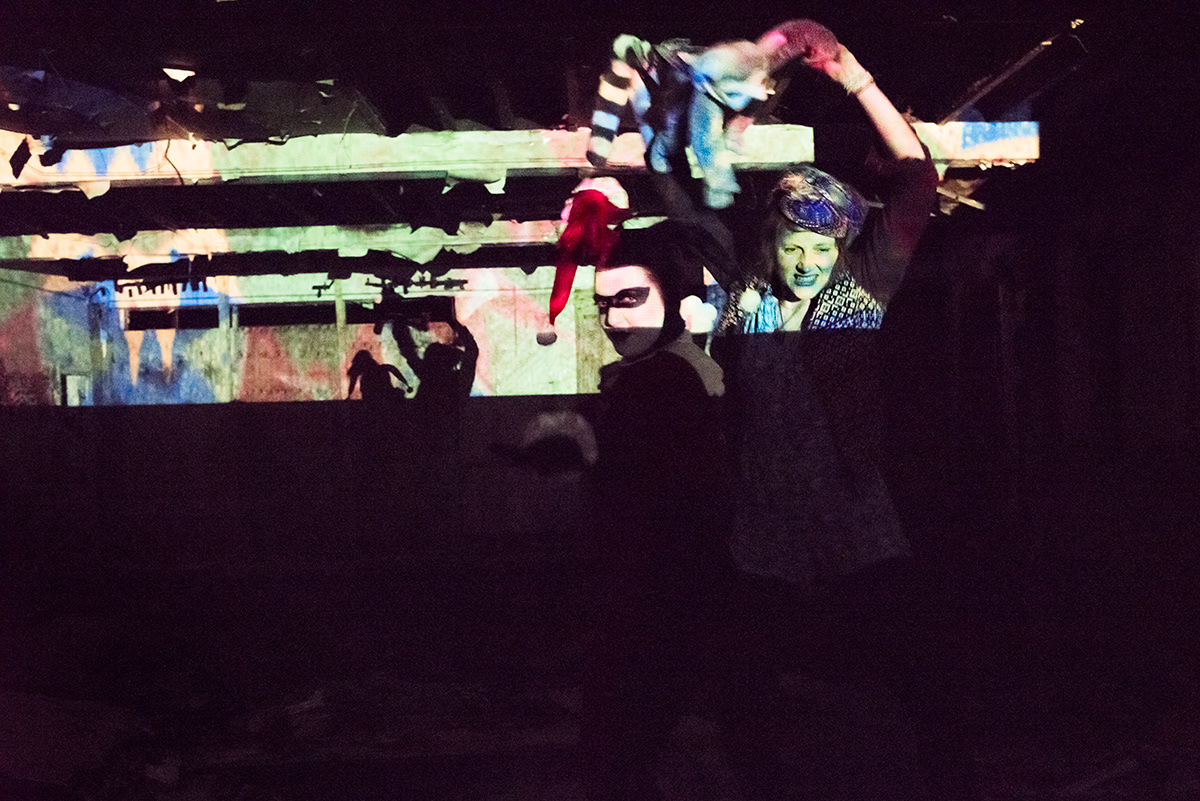
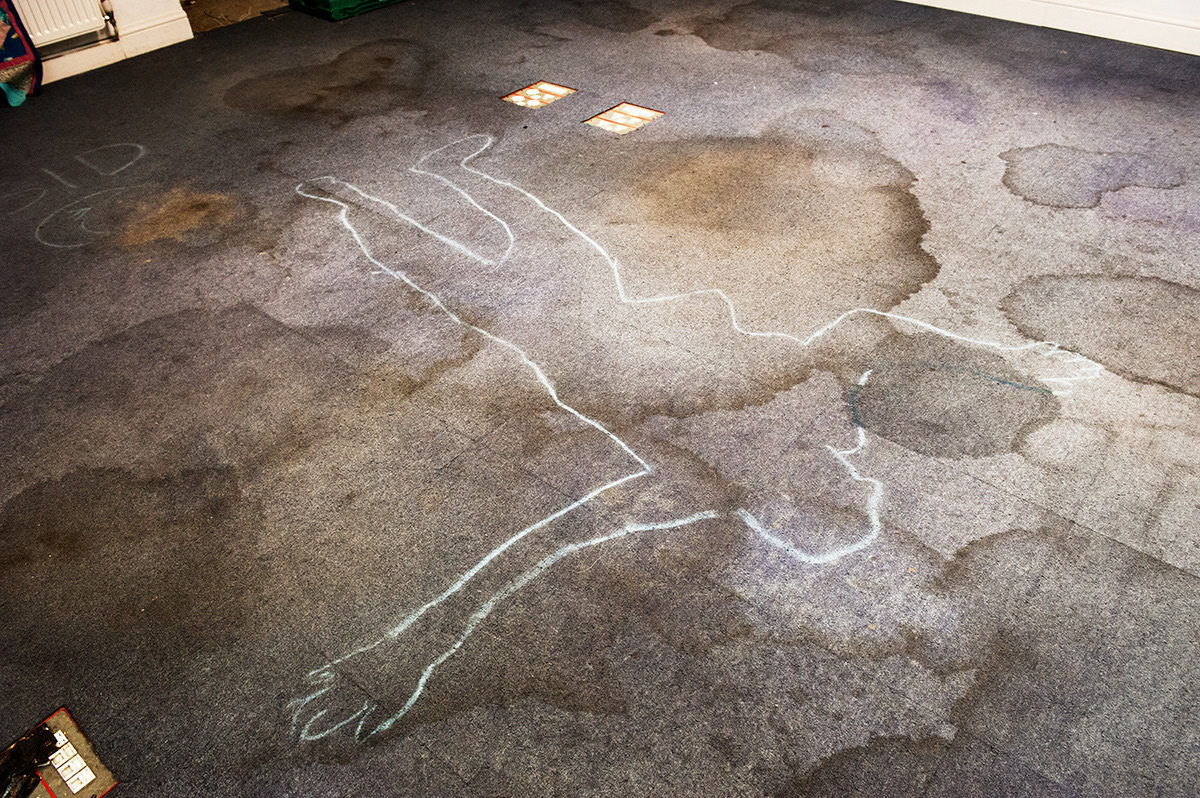

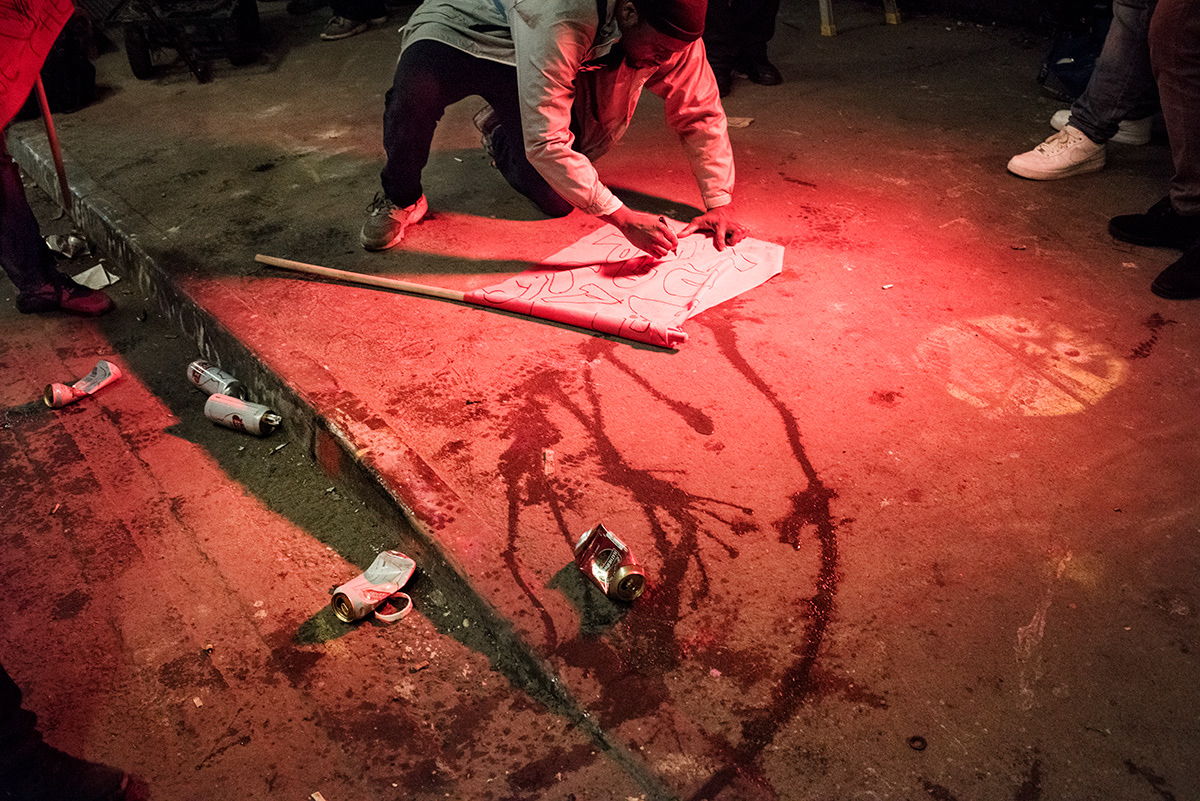

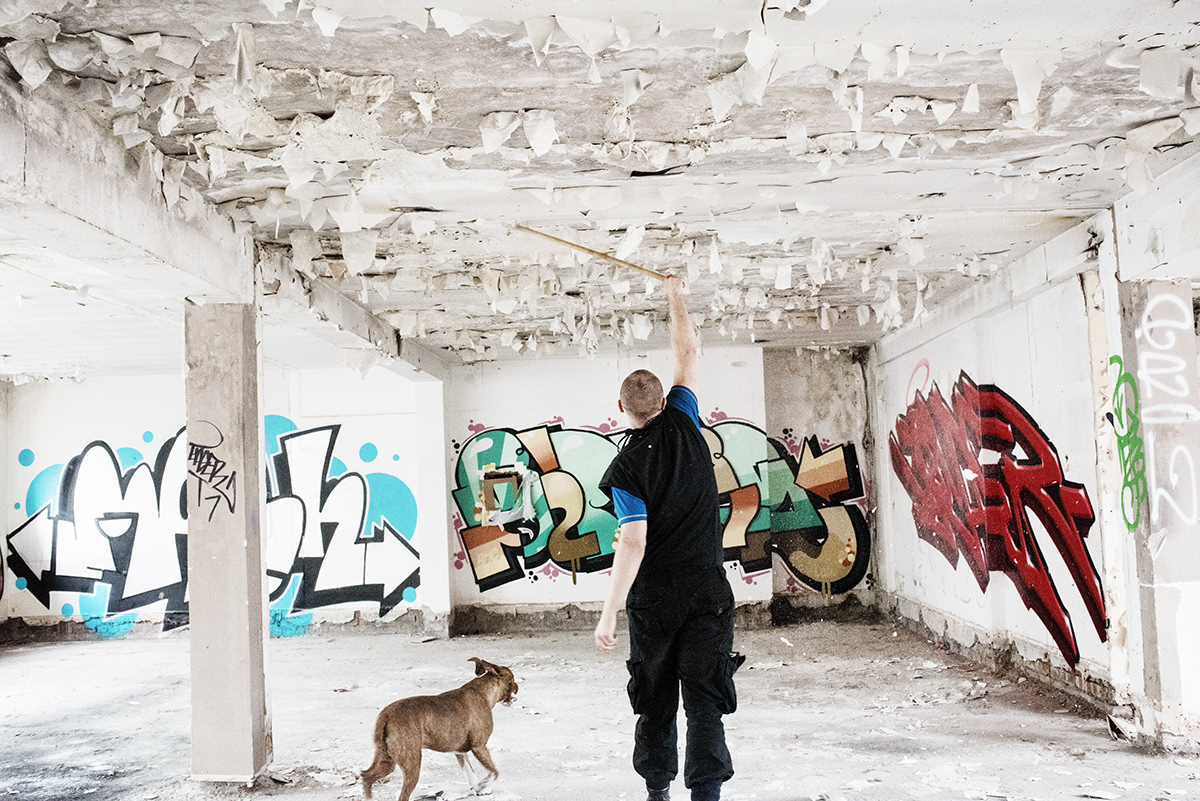
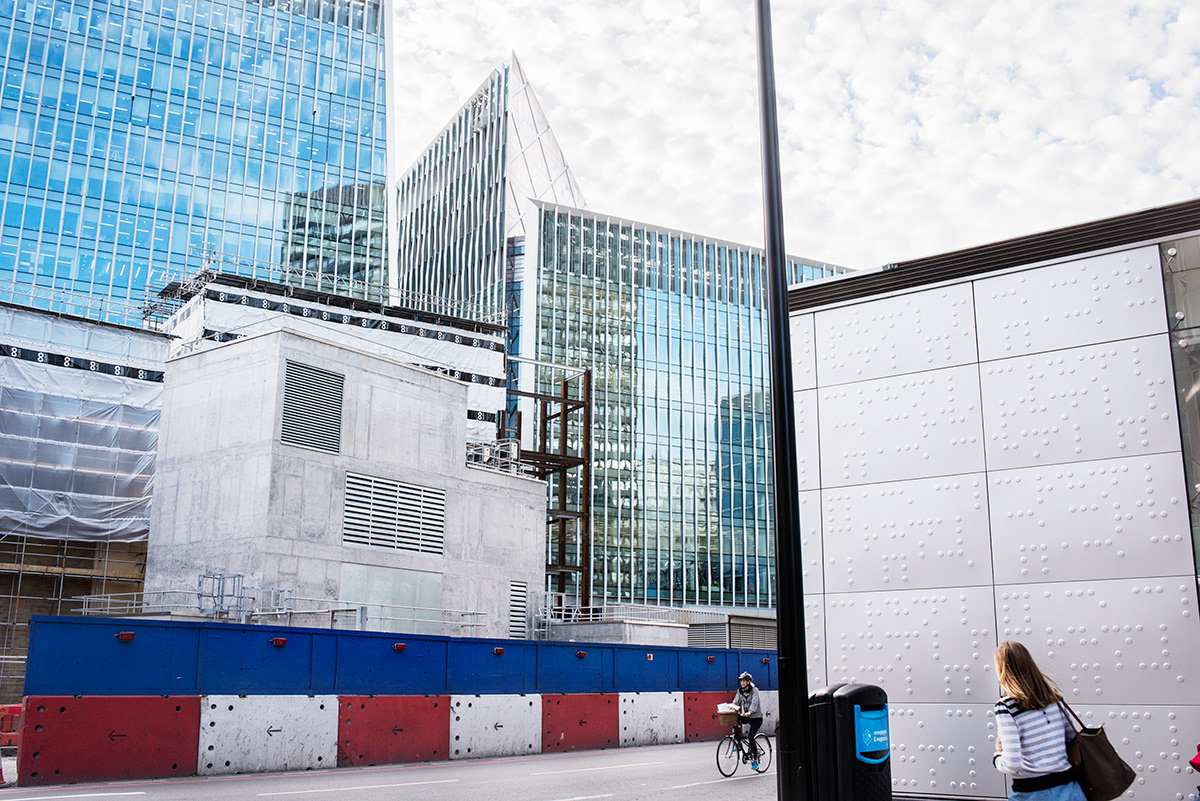
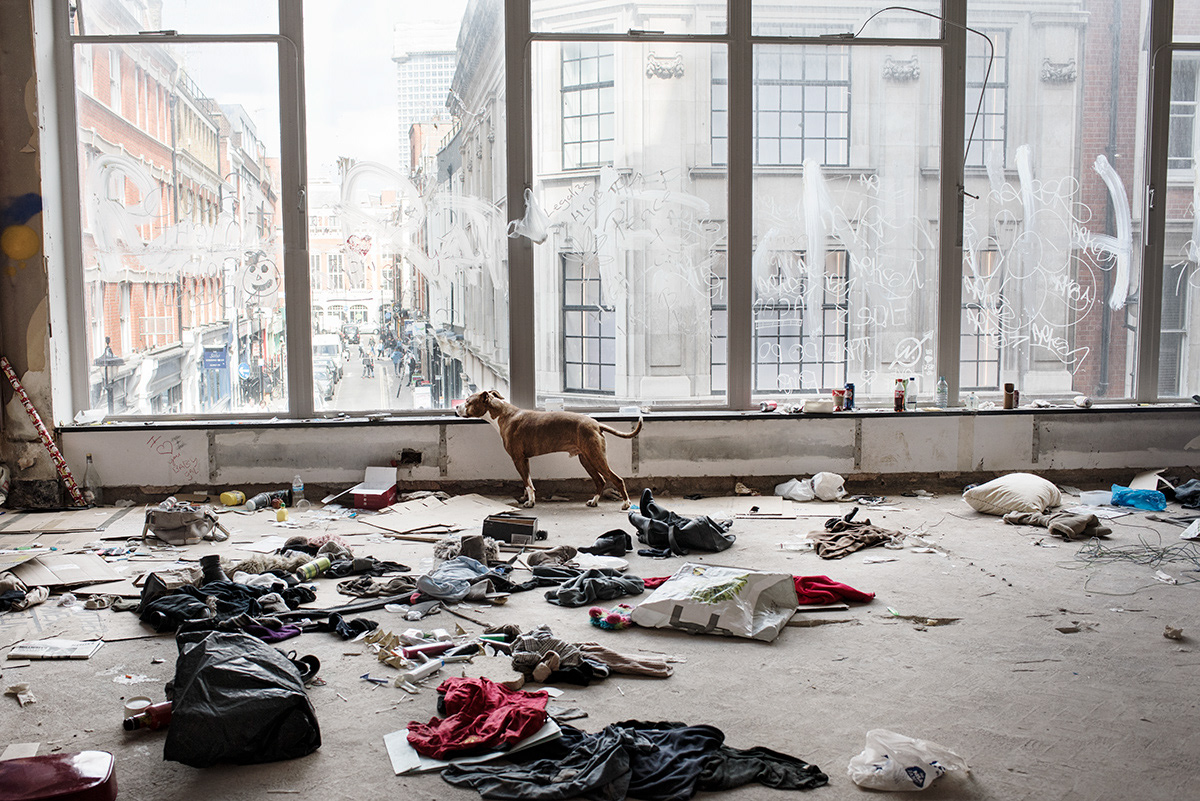
London has the second most over-priced property market in the world. At the same time, it's facing a shortage of affordable homes and an increase in the number of properties being left empty - sometimes for years, and in most cases in the wealthier neighbourhoods. This is the result of the so-called 'regeneration' process. Regeneration begun in the 1980s with the aim of redeveloping depressed areas of the city, and since then it has changed the landscape of entire neighbourhoods in the capital, leading to an increase in both land values and economic inequality. My story shows the effects of this housing crisis in London, while addressing the basic right of citizens to have a shelter and a home. Through taking a broad view of perspectives that might otherwise be considered independent of each other, I aim to show the connections and relationships between different aspects of London’s housing crisis. These include: - Squatting, which became illegal in the UK in 2012 for residential properties, and has faced further restrictions even in non residential properties, leading to increasingly rapid evictions. In January 2017 a group of squatters occupied the property of a Russian billionaire that had stood empty for three years in Central London, opening it up as a homeless shelter. They were evicted within a week and fined court costs. - Council Estates, which since the 1980s have been stigmatised as unsafe places in which to live, as well as breeding grounds for anti-social behaviour. With the excuse of improving the quality of the surrounding are and the lives of the community, as well as increasing the density of housing, councils across London have drawn on these stereotypes in order to demolish estates under their care and sell the land to private developers. The reality is that residents of council estates who cannot afford either to rent or to buy the new properties are forced into temporary accommodations, moved out of the borough and eventually relocated out of London altogether in a process that has been described as ‘social cleansing’. The lack of investments in council estates, the withholding of maintenance and their inadequate refurbishment recently resulted in the disaster of the Grenfell Tower fire. - New developments, which thanks to government tax breaks for investors and public funding for the building of private properties, are proliferating across London. Built for capital investment and second home ownership by UK and foreign investors, rather than the housing needs of local communities, this housing boom is changing not only the landscape but also the soul of the city.


































